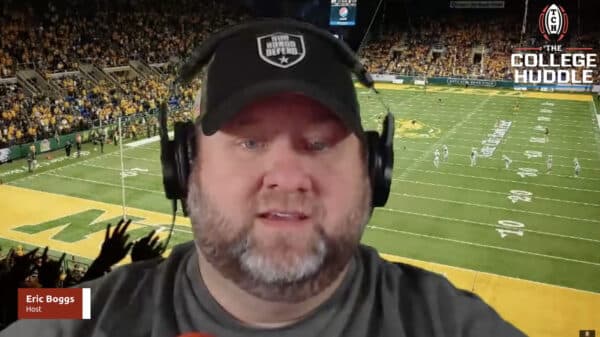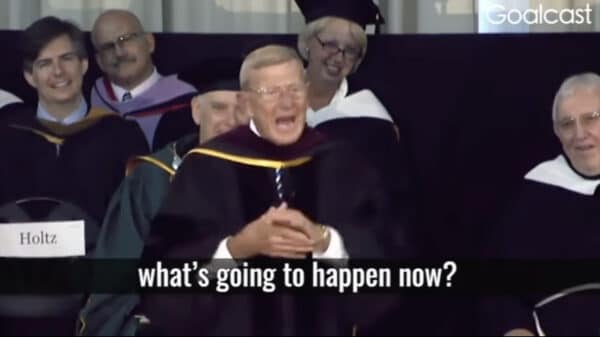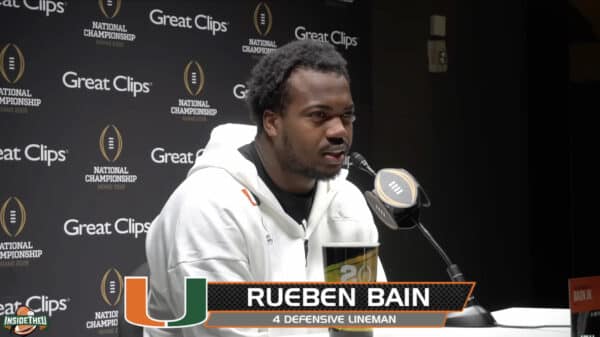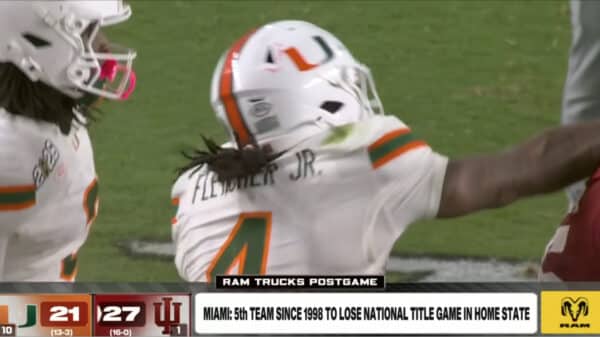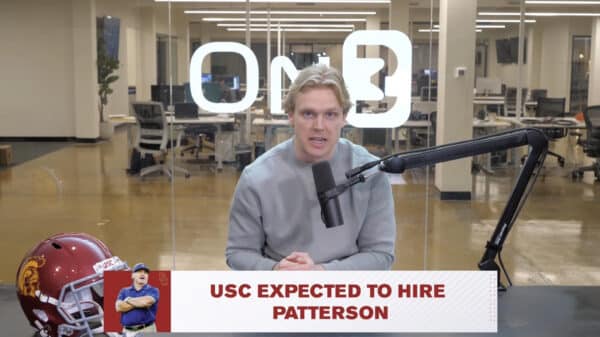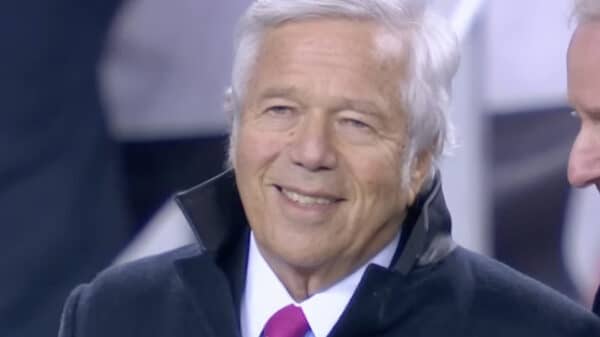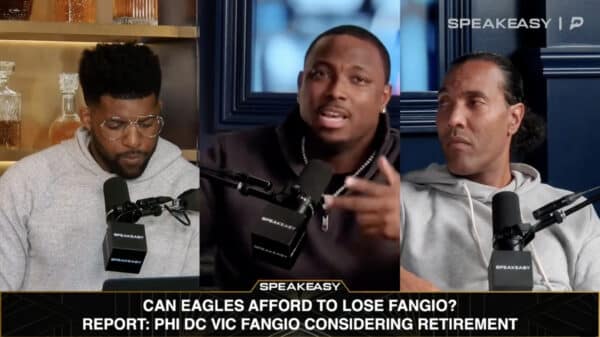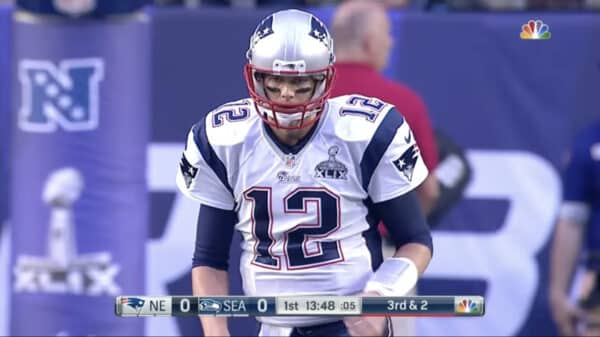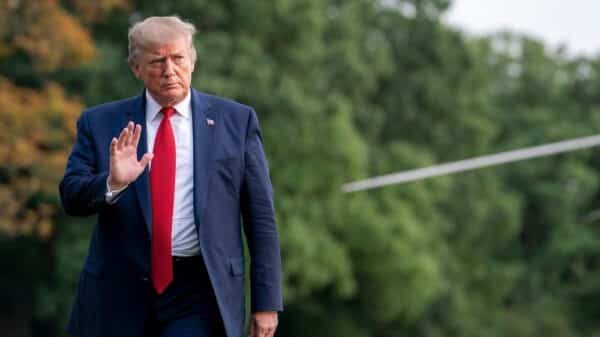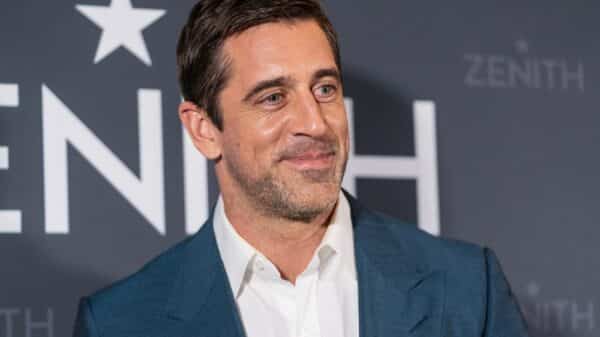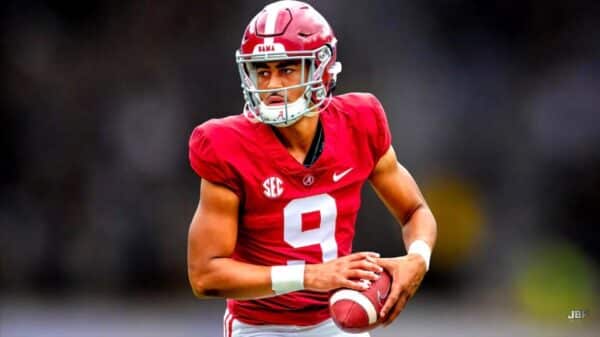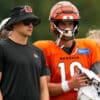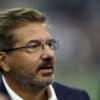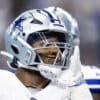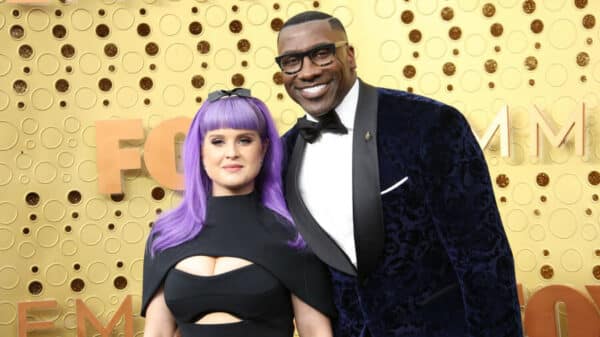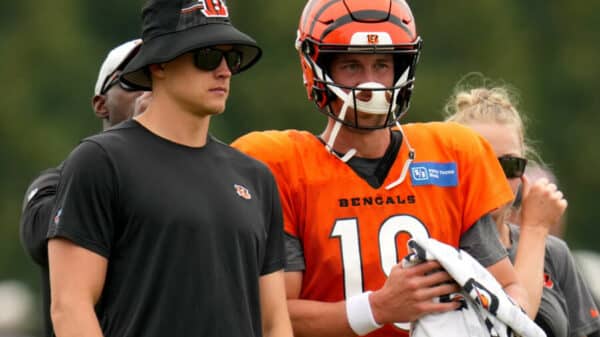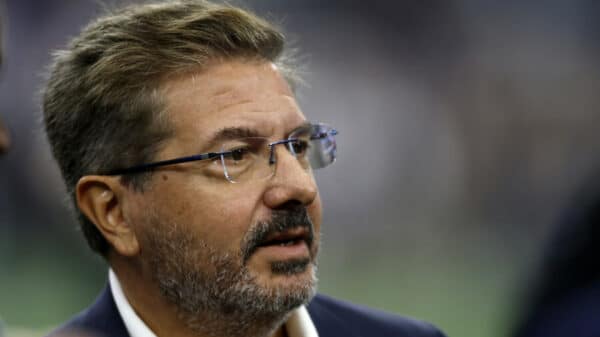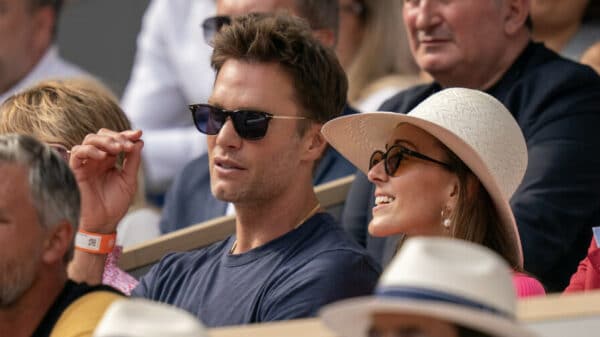Caleb Williams’ rookie season with the Chicago Bears can only be described as tumultuous at best. With head coach Matt Eberflus and offensive coordinator Shane Waldron both shown the door mid-season, the turmoil surrounding Williams was palpable. Bears general manager Ryan Poles made an admission that resonated across the organization: “steps were skipped” in gearing Williams up for his entry into the professional game. It’s not just an apology; it’s a glaring acknowledgment that something fundamental went wrong in his development.
Williams faced challenges from all sides on the field, leading the league in something no quarterback wants to be known for—sacks. He tied for the third-most in NFL history during a single season, a statistic that paints a vivid picture of his struggles. Although there were glimpses of brilliance, particularly in the latter half of the season, inconsistencies plagued his performance. Starting every game with an uphill battle only added to the weight on his young shoulders, particularly as the Bears set a dismal record for first-quarter scoring. They managed a mere 27 points, the lowest in decades, with only 20 of those contributed by the offense. Clearly, something wasn’t clicking, both on the field and behind closed doors.
In the upcoming book “American Kings: A Biography of The Quarterback” by Seth Wickersham, it’s revealed that Williams often watched film alone, a daunting task that typically requires guidance for someone transitioning into the rigors of the NFL. The young quarterback shared with his father, “No one tells me what to watch. I just turn it on.” This stark isolation is concerning—watching film in a vacuum without coaching input can lead to gaps in understanding that are hard to bridge once game day arrives.
However, not everyone sympathizes with Williams. Emmanuel Acho, a former NFL linebacker with just three seasons under his belt, dismissed Williams’ remarks as “disingenuous” and reminiscent of someone simply looking for excuses. He emphasizes that the NFL isn’t a cozy environment where coaches hold your hand, reminding listeners that “the league will kick you and spit you out.” While his tough-love approach may ring true for seasoned players, it overlooks the unique circumstances surrounding a rookie like Williams.
But it’s essential to emphasize that Williams was not saying he lacked the ability to watch film—he was highlighting the absence of a collaborative learning environment. Ryan Poles’ comments illustrate a critical reality that adjusting to the NFL demands a level of guidance and mentorship that Williams unfortunately missed. “This game, the playbook, is a completely different animal. The responsibility of a quarterback in the pros is different,” he said, calling attention to the fact that a solid foundation in learning is crucial.
It’s clear there was a significant mismanagement of Williams during his rookie season. The Bears didn’t foster the right environment for a young talent still finding his footing in the chaotic world of professional football. However, a fresh breath of hope has emerged with new head coach Ben Johnson. He recently expressed optimism for Williams, saying, “I see a chance for greatness here for him.” Johnson noted their positive conversations and Williams’ eagerness to embrace his role going forward.
Whether Williams had a chance to express this kind of enthusiasm with prior coaches is unclear, but it’s promising to see him communicate his excitement and drive now. Nonetheless, this narrative highlights the tough contrast between him and seasoned quarterbacks who may venture into the NFL with solid mentorship by their side. He was thrown straight into the storm without a safety net, making it incredibly challenging to find his rhythm or develop consistently.
There is much to digest in this discourse. Former quarterback RGIII asserted a fact that deserves more attention: just because you’ve reached the NFL doesn’t mean your growth should stall. “If you want your QB to see the game like you, then teach him how to watch tape like you do,” he said. His words echo the sentiment that a quarterback in the NFL needs nurturing and training that aligns with the rigorous demands of professional play.
As fans and analysts debate who is right—Acho with his tough-love perspective or RGIII with his more nurturing approach—it’s worth considering the unique challenge Caleb Williams faced as a rookie. The stakes are high in the NFL, and every player, especially a quarterback, needs all the support they can muster to chart a successful path forward. As Williams gears up for his next season, the hope is that he finds not just strength in himself, but also the mentorship and guidance needed to thrive.
Image Source: Emmanuel Acho @ Instagram

